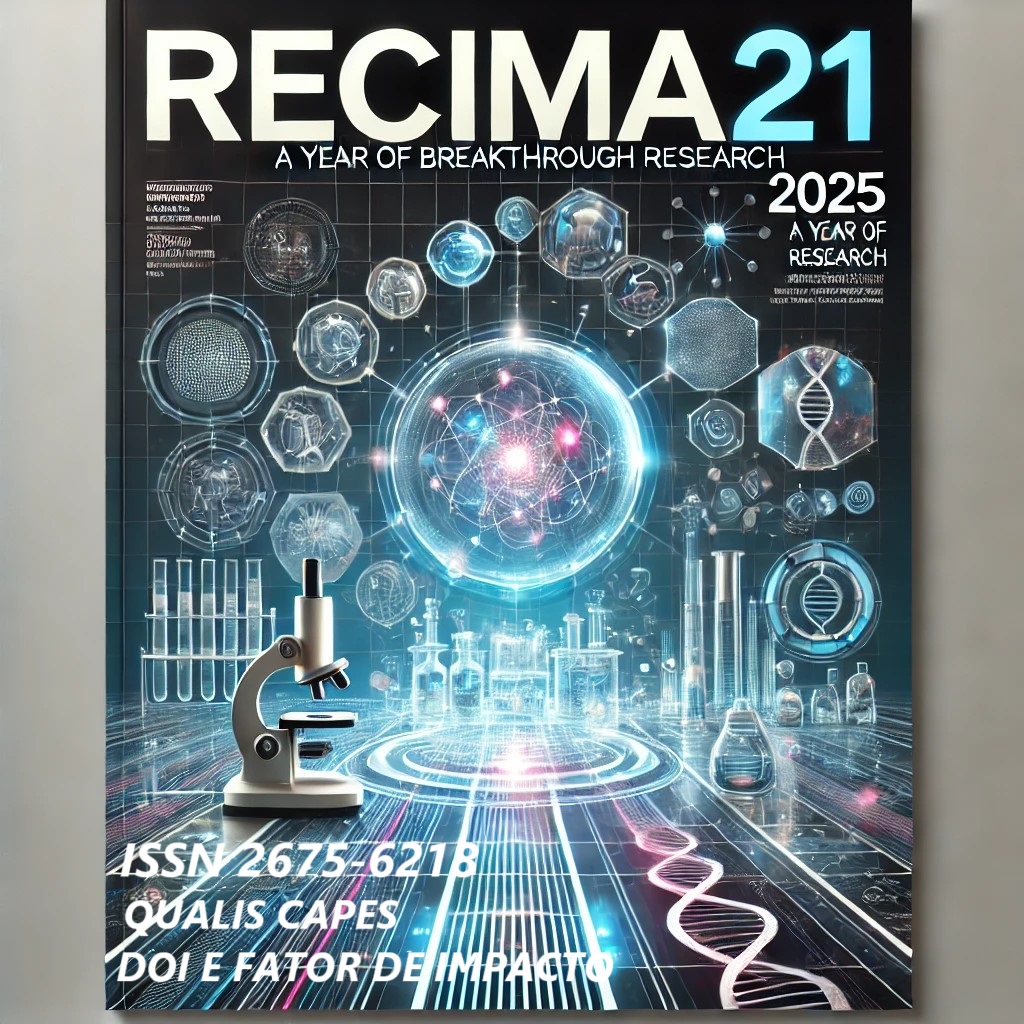BEHAVIORAL FACIAL RECOGNITION IN PUBLIC SAFETY
DOI:
https://doi.org/10.47820/recima21.v6i1.6190Keywords:
Behavioral Facial Recognition, Microexpressions, Still Photo Analysis, Neuroscience, Public SafetyAbstract
This article presents an integrative review of the literature on the use of Behavioral Facial Recognition in public safety, highlighting its application through the analysis of static photos of faces and how repeated microexpressions can leave permanent marks on the skin. Throughout the study, the relationship between facial expressions and emotions is explored, and how trauma and recurrent emotional states, such as stress, influence the formation of wrinkles and visible marks, which become points of behavioral analysis. The article also addresses the role of neuroscience, showing how certain hormonal states, such as high levels of cortisol, can be visible on a person's face. Finally, the effectiveness of behavioral facial recognition in security environments is discussed, with a focus on ethical implications
Downloads
References
ADAMS, R.; MURRAY, D. Behavioral Facial Recognition: A New Era of Public Safety. Journal of Applied Security Studies, v. 14, n. 1, 2019.
BAEZA-YATES, R. Bias in Artificial Intelligence: Challenges and Solutions. International Journal of Computer Science, v. 8, n. 2, 2021.
HENDERSON, J. Privacy and Public Safety: The Ethical Dilemma of Facial Recognition Technology. Security Technology Review, v. 12, n. 4, 2020.
KHAN, A.; LEWIS, G. Facial Recognition in Wartime: Applications and Challenges. Journal of War and Technology, v. 18, n. 3, 2020.
LIMA, R. Reconhecimento Facial e Viés Algorítmico: Desafios para a Segurança Pública. Revista de Tecnologia em Segurança, v. 4, n. 1, 2021.
MÜLLER, T.; SCHMIDT, R. Security Implications of Facial Recognition Systems in Public Spaces. European Security Journal, v. 23, n. 4, 2020.
OLIVEIRA, S. Aplicações de Tecnologias de Reconhecimento Facial na Segurança Pública. São Paulo: Editora Técnica, 2020.
RODRIGUES, A. Automação e Eficácia no Uso de IA para Detecção Comportamental. Revista Internacional de Segurança Pública, v. 10, n. 3, 2021.
SMITH, J.; JONES, T. Ethical Considerations in the Use of Behavioral Facial Recognition for Public Safety. Journal of Law and Technology, v. 5, n. 2, 20
Downloads
Published
License
Copyright (c) 2025 RECIMA21 - Revista Científica Multidisciplinar - ISSN 2675-6218

This work is licensed under a Creative Commons Attribution 4.0 International License.
Os direitos autorais dos artigos/resenhas/TCCs publicados pertecem à revista RECIMA21, e seguem o padrão Creative Commons (CC BY 4.0), permitindo a cópia ou reprodução, desde que cite a fonte e respeite os direitos dos autores e contenham menção aos mesmos nos créditos. Toda e qualquer obra publicada na revista, seu conteúdo é de responsabilidade dos autores, cabendo a RECIMA21 apenas ser o veículo de divulgação, seguindo os padrões nacionais e internacionais de publicação.













